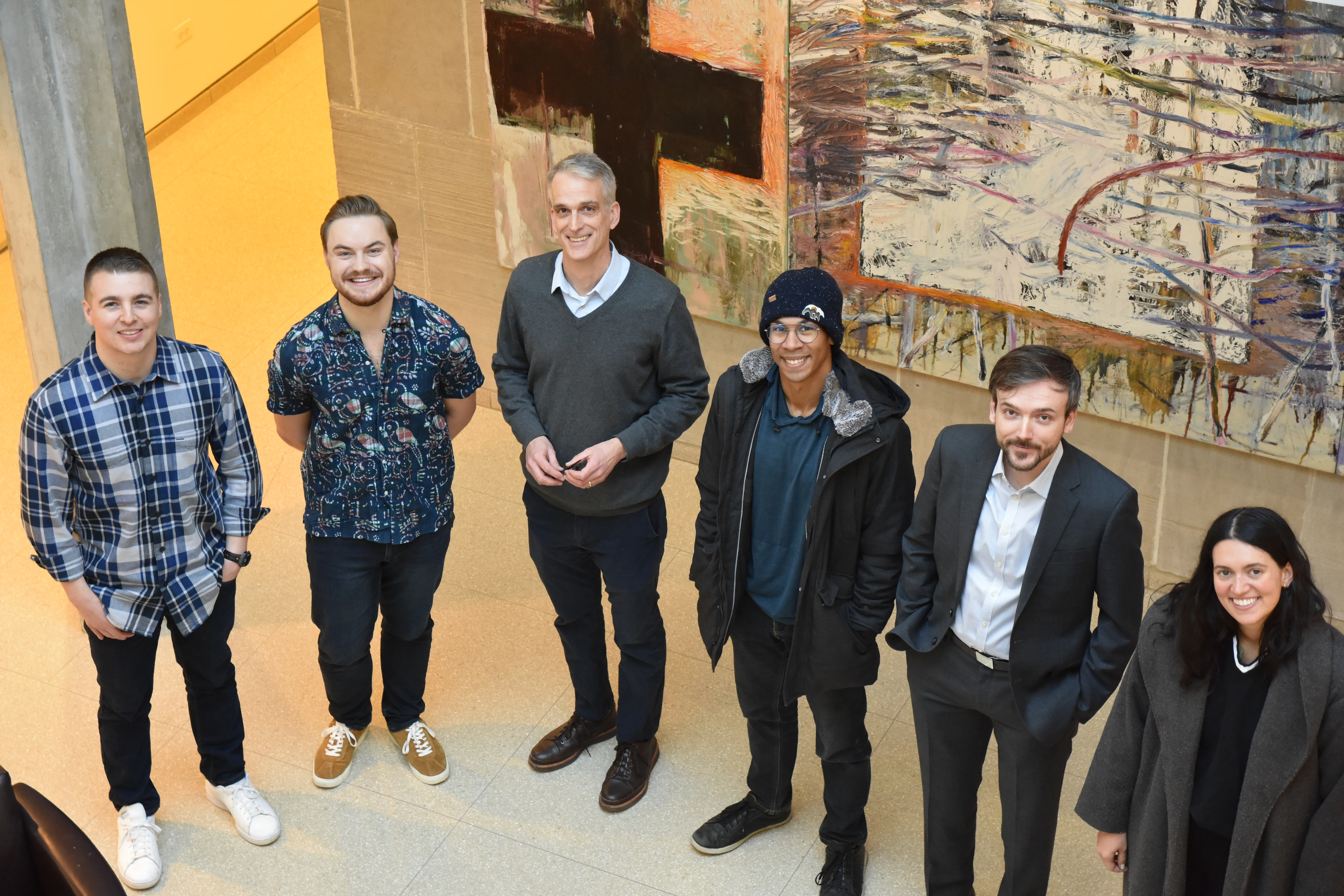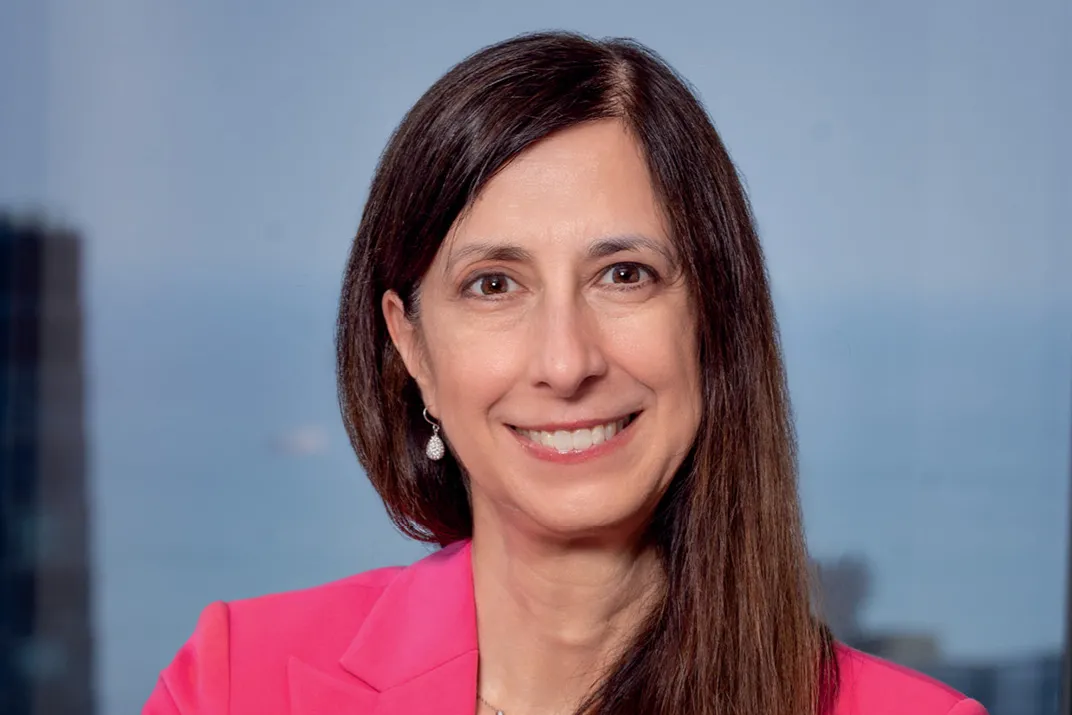Law School Clinic Helps Bring $50M Affordable Housing Development to West Side Neighborhood

Vacant lots in Chicago’s West Side will soon be transformed into a new six-story building containing 78 units of affordable and market rate rental housing, thanks in part to the work of faculty and students in the Law School’s Housing Initiative Transactional Clinic.
The clinic participated in the successful closing on the land and financing for the Austin United Alliance affordable housing development on January 31. The Clinic’s client is Oak Park Regional Housing Center (OPRHC), which is joint venturing with Pivotal Housing Partners to develop the project. The overall development budget is more than $50 million, and the capital stack includes low-income housing tax credits, tax increment financing, and public and private debt financing.
The clinic has been working on the transaction since 2021, with over a dozen clinic students over time working on all aspects of the transaction. Their work has included negotiation of the joint venture operating agreement with the client’s co-developer, all the financing documents, the construction contract, the architect agreement, property management agreement, and many more.
“The Austin neighborhood has been waiting a long time for its fair share of investment to support affordable housing and economic opportunity,” said Professor Jeffrey Leslie, director of the Housing Initiative Transactional Clinic. “We are grateful to work with OPRHC in bringing to life a project that delivers housing and commercial space to benefit the Austin community. And thanks to the collaboration between our clinic students and our client, the project has been designed, and will be constructed and managed, with the full participation of OPRHC at every step.”
Leslie went on to note how crucial it is for longstanding, community-based institutions, like OPRHC, to play a central role in new development efforts, as they have been working in and supporting neighborhoods for decades. “The clinic helps OPRHC and similar community partners fulfill that role, resulting in projects that are better aligned with local needs,” he said.


